The Services Selection Board (SSB) interview is a pivotal step for candidates aspiring to become officers in the Indian Armed Forces. This rigorous evaluation process is designed to identify individuals who possess the necessary traits and attributes to lead effectively. Central to this assessment are the 15 Officer Like Qualities (OLQs), which serve as a foundation for determining a candidate’s suitability for military leadership. Understanding and embodying these qualities can significantly enhance a candidate’s chances of success.
The 15 Officer-Like Qualities (15 OLQs) hold significant importance in the Service Selection Board SSB Interview process. The SSB interview is conducted to assess candidates for officer positions in the Indian Armed Forces, and the 15 OLQs serve as a framework to evaluate the suitability of candidates for leadership roles.
The majority of the candidates face their SSB interview without any preparation and have no clue about the officers like qualities that the board is looking for.
Understanding Officer Like Qualities (OLQs)
The 15 OLQs are a set of characteristics that the SSB evaluates to gauge a candidate’s potential as a future officer. These qualities encompass a range of personal attributes, from cognitive abilities to social skills. The OLQs are grouped into four major factors, each reflecting a different aspect of leadership and effectiveness in military roles.
Factor I: Planning and Organizing
This factor assesses a candidate’s ability to strategize, prioritize, and execute tasks efficiently. Key qualities within this category include:
- Effective Intelligence: The capacity to apply knowledge to real-world situations, demonstrating practical problem-solving skills.
- Reasoning Ability: The skill to analyze information logically and draw sound conclusions.
- Organizing Ability: The aptitude for arranging resources and tasks systematically to achieve desired outcomes.
- Power of Expression: The ability to communicate ideas clearly and persuasively.
Factor II: Social Adjustment
Social adaptability is crucial for officers who must work effectively with diverse teams. This factor includes:
- Social Adaptability: The ability to fit into various social environments and interact positively with different individuals.
- Cooperation: The willingness to work harmoniously within a group, prioritizing collective goals over personal ambitions.
- Sense of Responsibility: The commitment to fulfilling obligations and duties with integrity and reliability.
Factor III: Social Effectiveness
This factor evaluates how well a candidate can influence and motivate others. The qualities assessed include:
- Initiative: The readiness to take proactive steps in unfamiliar situations and drive actions toward goals.
- Self-Confidence: The belief in one’s capabilities, particularly in challenging circumstances.
- Speed of Decision: The ability to make timely and effective decisions, considering practicality and feasibility.
- Ability to Influence the Group: The skill to inspire and guide others toward achieving common objectives.
- Liveliness: The capacity to maintain enthusiasm and positivity, even in difficult situations.
Factor IV: Dynamic Qualities
This factor focuses on resilience and determination, encompassing:
- Determination: The persistence to pursue goals despite obstacles and challenges.
- Courage: The willingness to face risks and challenges head-on.
- Stamina: The physical and mental endurance to withstand prolonged stress and pressure.
Join SSB Interview Online Coaching
The Importance of OLQs in the SSB Interview
Understanding the significance of OLQs is essential for candidates preparing for the SSB interview. These qualities not only define a candidate’s potential for leadership but also play a critical role in their overall effectiveness as officers. Here are some reasons why OLQs are vital:
- Leadership Potential: OLQs help identify candidates who can inspire and lead others, a fundamental requirement for any officer.
- Decision-Making Skills: Qualities such as effective intelligence and reasoning ability are crucial for making sound decisions in high-pressure situations.
- Teamwork and Collaboration: The ability to cooperate and adapt socially ensures smooth functioning within diverse teams.
- Integrity and Responsibility: A strong sense of responsibility reflects a candidate’s commitment to ethical standards and duty fulfillment.
- Effective Communication: Clear and confident communication is essential for leadership and coordination within military operations.
Preparing for the SSB Interview
To excel in the SSB interview, candidates must invest time in developing the 15 OLQs. Here are some strategies to enhance these qualities:
Self-Assessment
Begin by conducting a self-assessment of your existing qualities. Identify strengths and areas for improvement related to the OLQs. This reflection will provide a roadmap for your preparation.
Engage in Group Activities
Participating in group discussions, team sports, or community service can help improve social adaptability, cooperation, and leadership skills. These activities provide opportunities to practice influencing and motivating others.
Develop Decision-Making Skills
Enhance your reasoning ability and speed of decision-making by engaging in activities that require critical thinking. Puzzles, strategy games, and real-life problem-solving scenarios can be beneficial.
Build Communication Skills
Practice articulating your thoughts clearly and confidently. Engage in public speaking, join debate clubs, or participate in workshops that focus on effective communication.
Cultivate Resilience
Building stamina and determination requires facing challenges head-on. Set personal goals and gradually push your limits to develop mental and physical resilience.
The Role of OLQs in Military Leadership
Officers in the armed forces are expected to lead by example, and the OLQs play a significant role in shaping their leadership style. Here’s how these qualities contribute to effective military leadership:
Fostering Trust and Respect
Officers who embody OLQs are more likely to earn the trust and respect of their subordinates. This trust is essential for maintaining morale and cohesion within a unit.
Enhancing Operational Effectiveness
Effective leaders who possess OLQs can make timely decisions, adapt to changing circumstances, and motivate their teams to achieve operational objectives.
Promoting Ethical Standards
A strong sense of responsibility and integrity ensures that officers uphold ethical standards, fostering a culture of accountability within the military.
Encouraging Innovation
Officers with initiative and effective intelligence are more likely to encourage innovation and creative problem-solving within their teams, leading to improved operational outcomes.
Also Read: What Are Top 15 OLQs – Officer Like Qualities
How To Prepare for SSB Interview:
Officer qualities must be differentiated from other factors assessed at the selection. Broadly defined, these personal qualities (PQs) or Officer Like Qualities( 15 OLQs) as they are called in Indian context refer to traits, states, needs, motives, goals, attitudes, interests, determining tendencies and general dispositions towards personal/social situations.
They are different from cognitive, intellectual factors and medical factors which will also be examined in that they usually form an intrinsic part of officer selection.
Officer Like Qualities(15 OLQs)
Factor – I (Planning and Organising)
(a) Effective Intelligence
(b) Reasoning Ability
(c) Organising Ability
(d) Power of Expression
Factor – II (Social Adjustment)
(e) Social Adaptability
(f) Co-operation
(g) Sense of Responsibility
Factor – III (Social Effectiveness)
(h) Initiative
(i) Self Confidence
(j) Speed of Decision
(k) Ability to Influence the Group
(l) Liveliness
Factor – IV (Dynamic)
(m) Determination
(n) Courage
(o) Stamina
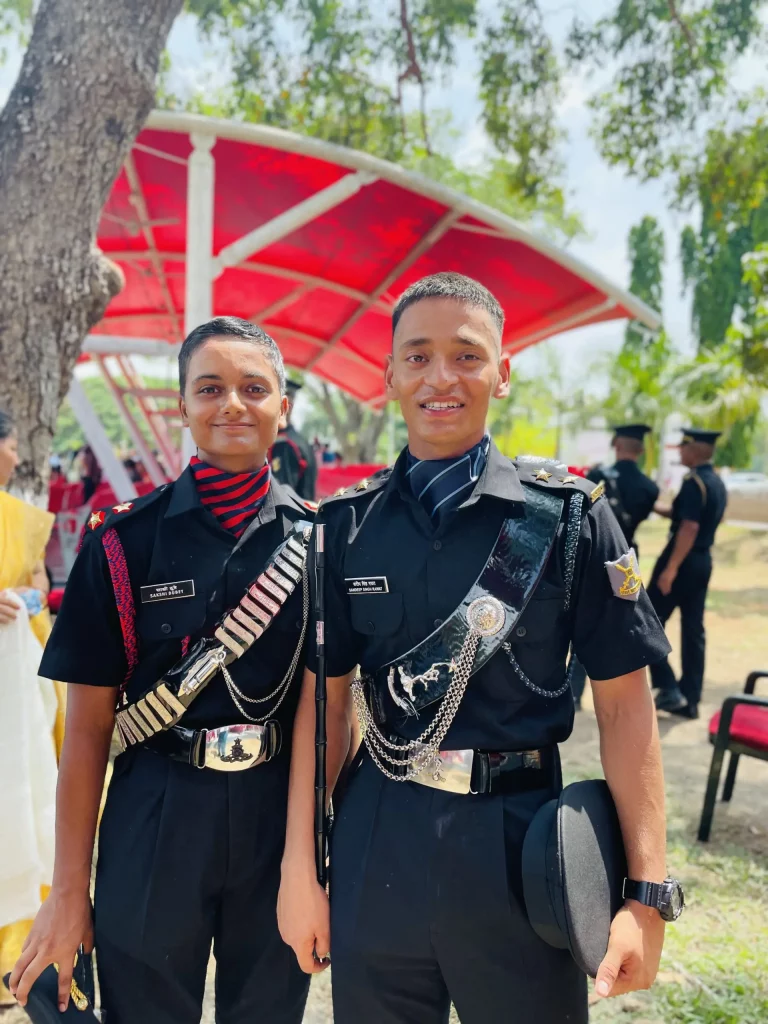
What are 15 OLQs required in Officers
1. Effective Intelligence
Is the intelligence utilized in coping with practical situations of varying complexity. It is different from basic intelligence which is the capacity to perceive relations or to do abstract thinking.
Basic intelligence is assessed by the use of intelligence tests may be verbal or non verbal effective intelligence includes the following:
(a) Practical intelligence. The capacity to evolve independent solutions of practical problems and situations.
(b) Resourcefulness. The capacity to use the available means for the desired end with the help of improvisation of resources and finding a solution when in a tight corner.
* Generally students with higher effective intelligence are bright, mentally sharp, penetrating, innovative and inventive.
2. Reasoning ability
The ability to grasp the essentials well and to arrive at conclusions by rational & logical thinking. It includes receptivity, inquiring attitude, logical reasoning and seeing the essentials of a problem.
(a) Receptivity. The ability to understand and absorb new impressions. It involves interest, attention and grasping power.
(b) Inquiring attitude. Healthy curiosity resulting in an urge to increase one’s general knowledge and experience in life.
(c) Logical reasoning. The ability to arrive at conclusion or judgment based strictly on a presses of rational thinking and excluding emotional factors.
(d) Seeing essentials of a problem. The ability by which the individual is not only clear in his knowledge of the situation at hand, but also is able to analyses various factors, shift them in order of importance and make best use of them towards achieving a solution.
* Students with higher reasoning ability are exceptionally sharp, analytical, highly imaginative, logical & practical.
3. Organising ability
The ability to arrange the resources in a systematic way so as to produce effective results. It can also be defined as the ability to put to the best use of the available means for attainment of a desired objective.
* Students with higher organising ability are very meticulous in planning est dealing with complex issues without over looking details, use commonsense, original in actions and quick in comprehension.
4. Power of expression
This is the most important tools of personality where his/her ability to put across ideas adequately with ease and clarity are assessed.
* Students with this quality are more eloquent, forceful, lucid, precise & effective in their expression.
5. Social adaptability
The ability of an individual to adapt himself to the social environment and adjust well with persons and social groups, with special reference to superiors, equal and subordinates. Social adaptability includes social intelligence, attitude towards others, tact, and adaptability.
(a) Social Intelligence. It is the intelligence ability applied in social field. It is the ability to understand people & adjust well in new surroundings.
(b) Attitude towards others. The ability to put oneself into the other man’s position so as to appreciate justifiable difficulties, to enable rendering help in a proper way.
(c) Tact. Skillful management of the feelings of the persons dealt with.
(d) Adaptability. The ability to adjust to the environment with special reference to the social situations in that environment. When considering service aspect it involves not only a resilient nature shown by and accommodative tendency but also keenness and interest in service life.
* Persons with higher adaptability are genial, very spontaneous in adjusting well in short time, outgoing, amiable, accommodative, flexible understanding, friendly & sympathetic.
6. Cooperation
The attitude of an individual to participate willingly in harmony with others in a group, in achieving the group goal. This implies a belief in the collective effort being more productive than the individual effort. Cooperation includes the element of joint effort and team spirit.
Team spirit indicates loyalty to the aims and objects of the group to the extent of subordinating individual aim to the group aim.
* Such persons are altruistic, selfless, volunteers workers with tremendous esprit – de corps. They are also humane, warm hearted, spontaneous and group minded people.
7. Sense of Responsibility
It enable a person to be dependable and to willingly discharge his obligation. It includes sense of duty but is much more comprehensive in meaning and scope.
It implies:
(a) Sense of duty Faithfully and firmly doing what one is ordered to do.
(b) Discipline. A trained sense of acting strictly in accordance with rules, regulations and conventions. This factor promotes development of self control and keeps one within bounds of social and normal standards.
Sense of responsibility therefore means:-
(a) A through understanding of the values of duty, social standard, and of what is required of an individual and then to give it his energy and attention of his own accord.
(b) Doing one’s best, carrying out even unspecified and probably unforeseen duties and obligations rather than faithfully carrying out what one is told to do. It demonstrates moral willingness to bear the consequences.
* Persons with higher sense of responsibility are exceptionally dutiful, faithful and respectful to authority. They are very conscientious and go out of the way to soldier responsibilities.
8. Initiative
The ability to originate purposeful action. It has the following aspects:-
(a) Ability to take the first steps in an unfamiliar situation.
(b) In the right direction.
(c) Sustain it, till the goal is achieved.
* Persons with higher initiative display plenty of originality in thoughts & actions. Persons with positive initiative never get stuck, they are pushing, enterprising, persistent and will come out with numerous fresh idea.
9. Self-confidence
It is the faith in one’s ability to meet stressful situations particularly those that are unfamiliar.
* People with higher self – confidence are totally composed, rationally active, have abundant faith in their abilities, self reliant and constructive in difficulties.
10. Speed of decision
The ability to arrive at workable decisions expeditiously. It comprises:-
(a) Then appropriateness and cost-effectiveness.
(b) Feasibility & practicability.
(c) The quickness in arriving at the decision.
* Persons with this ability are Infallible, prompt, judicious and take sound decisions with a considerable sense of urgency.
They are never wavering, impulsive, hesitant, erratic in
their decisions.
11. Ability to influence the group
The ability which enables an individual to bring about the willing effort from the group for achieving the objective desired by him. This influence is the prime cause of cooperative and willing effort of a group towards the achievement of a set objective.
* Persons with this quality are highly inspiring with magnetic charm, indispensable, impressionable, assertive, persuasive, firm & have considerable capacity to overcome opposition.
12. Liveliness
The capacity of an individual to keep himself buoyant when meeting problems and bring about a cheerful atmosphere
13. Determination
A sustained effort to achieve objectives in spite of obstacles and setbacks. It implies fixedness of purpose: mental concentration and strength of will.
It includes:-
(a) Application to work. The capacity of physical application to work.
(b) Drive. The inner motive power at the disposal of an individual. It is the capacity to force oneself along when under pressure and urgency, towards the achievement of the object. It may inspire energetic action in others towards the achievement of a common goal.
* They are highly resolute, unwavering, advent, industrious, firm and steady, persevering and persistent.
14. Courage
The ability to appreciate and take purposive risks willingly. It includes:
(a) Ability to meet appreciated dangers.
(b) Spirit of adventure, and enterprising spirit and a willingness to dare or risk a hazard.
(c) Capacity to keep oneself composed in adverse situations enabling to be steady in facing and handling such situations.
* They are doubtless risk takers, daring, aggressive, creative, bold & plucky with tremendous physical & moral courage.
15. Stamina
The capacity to withstand protracted physical and mental strain. It emphasizes endurance.
* such persons possess Herculean physical & mental capabilities & can withstand plenty of physical & mental stress. They are indefatigable, calm & are very tough individuals.
Importance of 15 OLQs
- Leadership Potential: OLQs help identify candidates with the potential to lead and inspire others, a crucial requirement for officer positions.
- Decision-making Abilities: OLQs such as effective intelligence, reasoning, and speed of decision-making assess a candidate’s ability to make sound and prompt decisions in various situations.
- Teamwork and Cooperation: The OLQs related to social adaptability, cooperation, and team spirit evaluate a candidate’s inclination and capability to work effectively in a team and collaborate with others.
- Responsibility and Integrity: OLQs like sense of responsibility and integrity are essential to gauge a candidate’s commitment to upholding ethical standards and fulfilling the duties and obligations of an officer.
- Effective Communication: The OLQ of effective communication assesses a candidate’s ability to convey ideas clearly and confidently, which is crucial for effective leadership and coordination.
- Initiative and Self-Confidence: These OLQs determine a candidate’s willingness to take charge, show confidence in decision-making, and exhibit proactive behavior.
- Physical and Mental Attributes: OLQs like courage, stamina, determination, and emotional stability assess a candidate’s physical and mental capabilities, which are essential for facing the challenges of military service.
- Adaptability and Flexibility: OLQs related to adaptability and dynamism evaluate a candidate’s ability to adjust to changing circumstances and demonstrate flexibility in their approach.
- Positive Attitude: OLQs regarding a positive attitude help gauge a candidate’s ability to maintain optimism, resilience, and motivation even in adverse situations.
Conclusion
In conclusion, mastering the 15 Officer-Like Qualities is essential for candidates aspiring to succeed in the SSB interview and excel as officers in the Indian Armed Forces. By understanding the significance of these qualities and actively working to develop them, candidates can enhance their leadership potential and make meaningful contributions to the military.
FAQs
-
What are OLQs?
Officer-Like Qualities (OLQs) are a set of 15 personal attributes evaluated during the SSB interview to assess a candidate’s suitability for military leadership.
-
Why are OLQs important in the SSB interview?
OLQs help identify candidates with the potential to lead effectively, make sound decisions, and work collaboratively within teams.
-
How can I improve my OLQs?
Engage in self-assessment, participate in group activities, develop decision-making skills, build communication abilities, and cultivate resilience.
-
What role do OLQs play in military leadership?
OLQs foster trust, enhance operational effectiveness, promote ethical standards, and encourage innovation among military leaders.
-
Can OLQs be developed over time?
Yes, with conscious effort and practice, candidates can develop and enhance their OLQs to succeed in the SSB interview and military leadership roles.

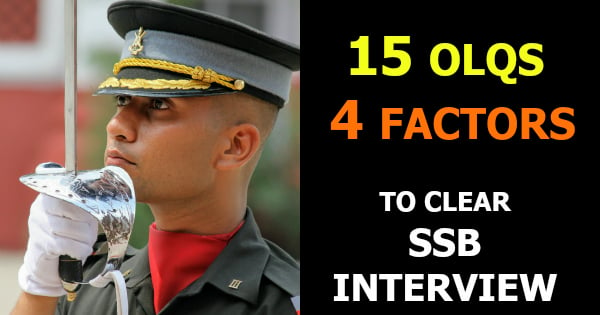

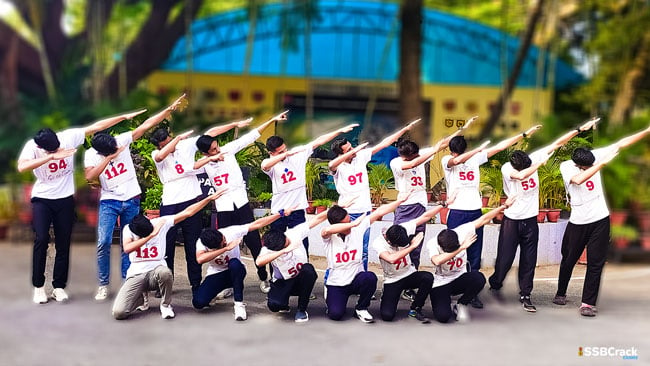
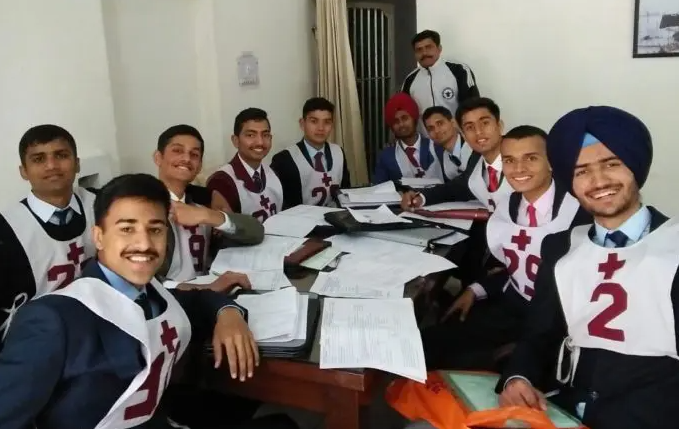

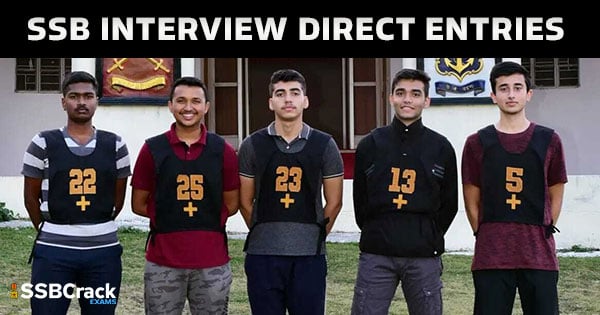
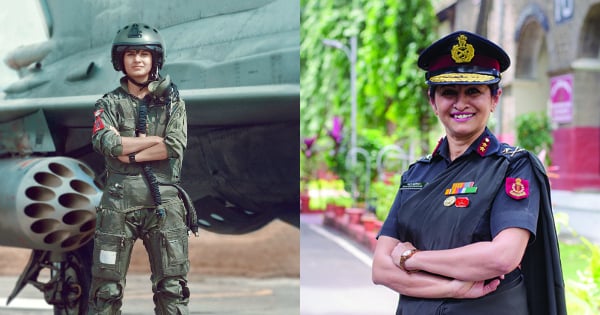
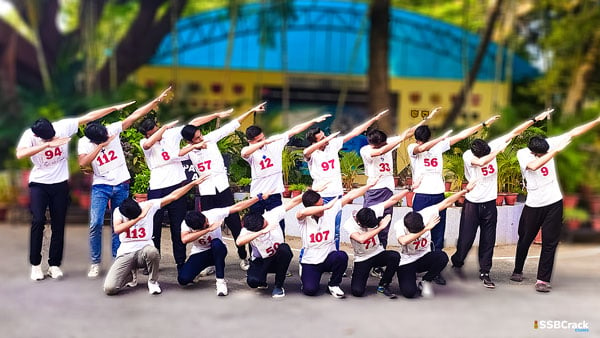

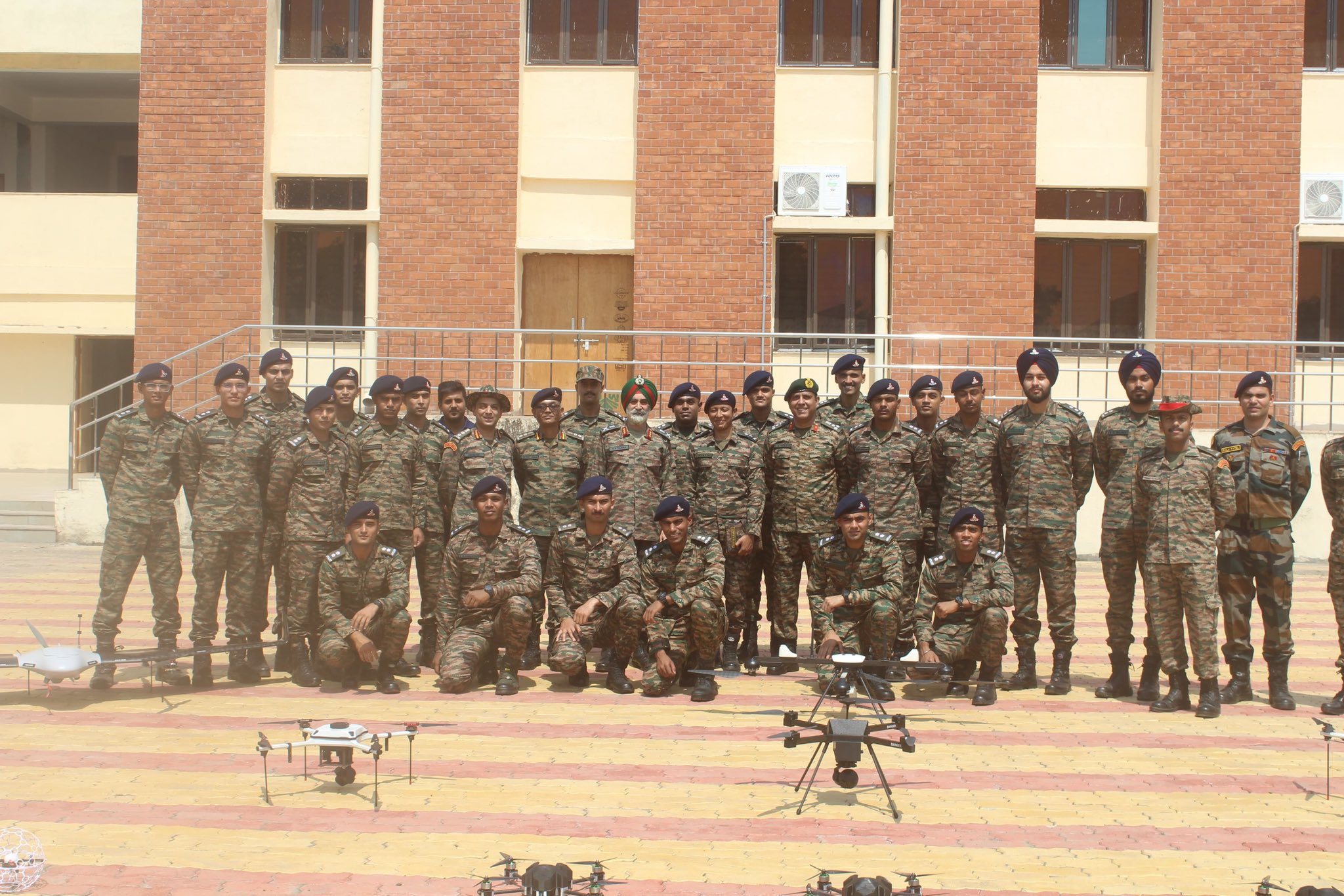
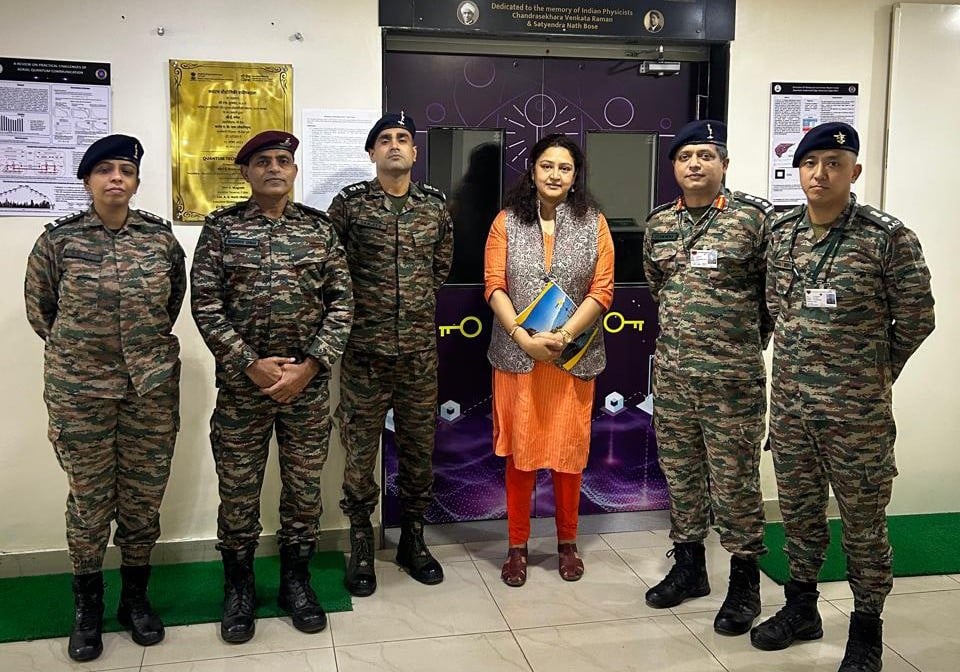
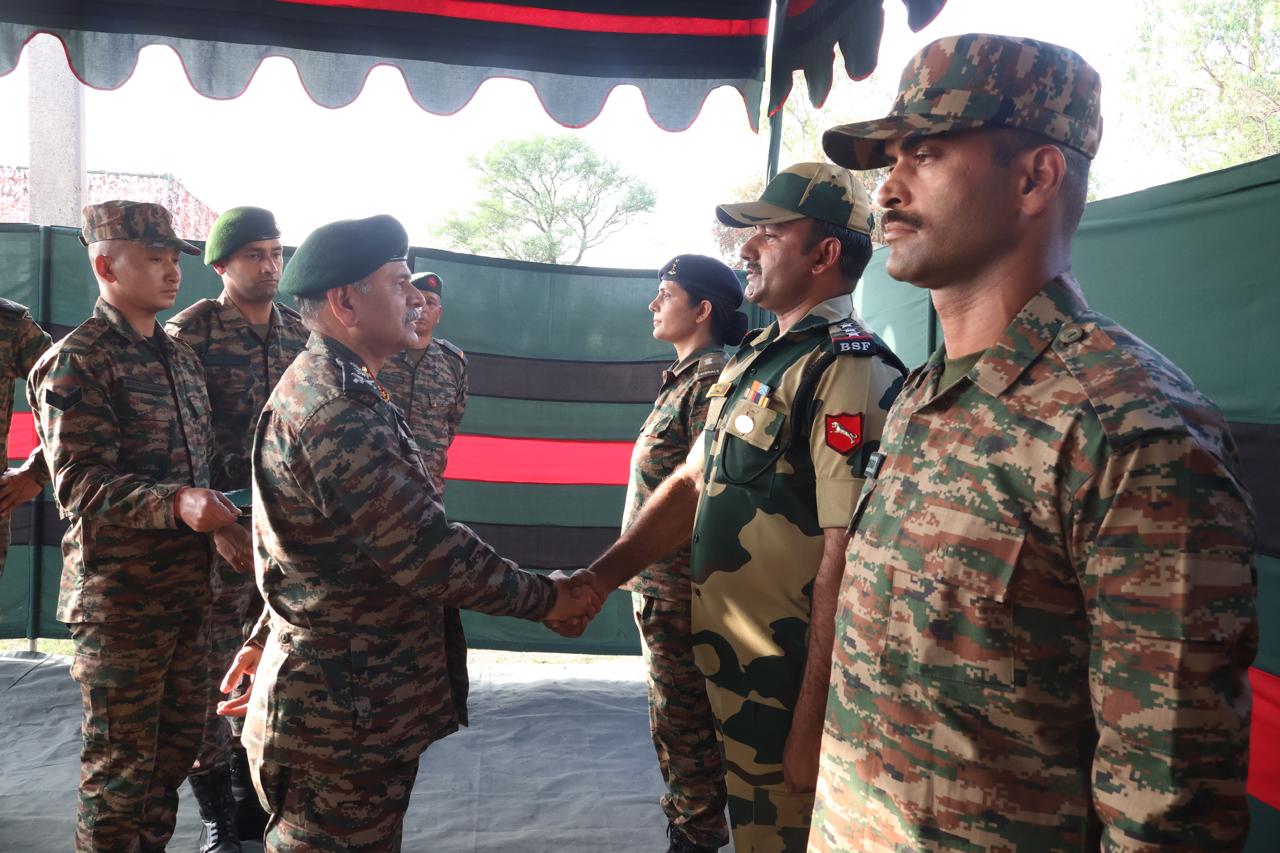
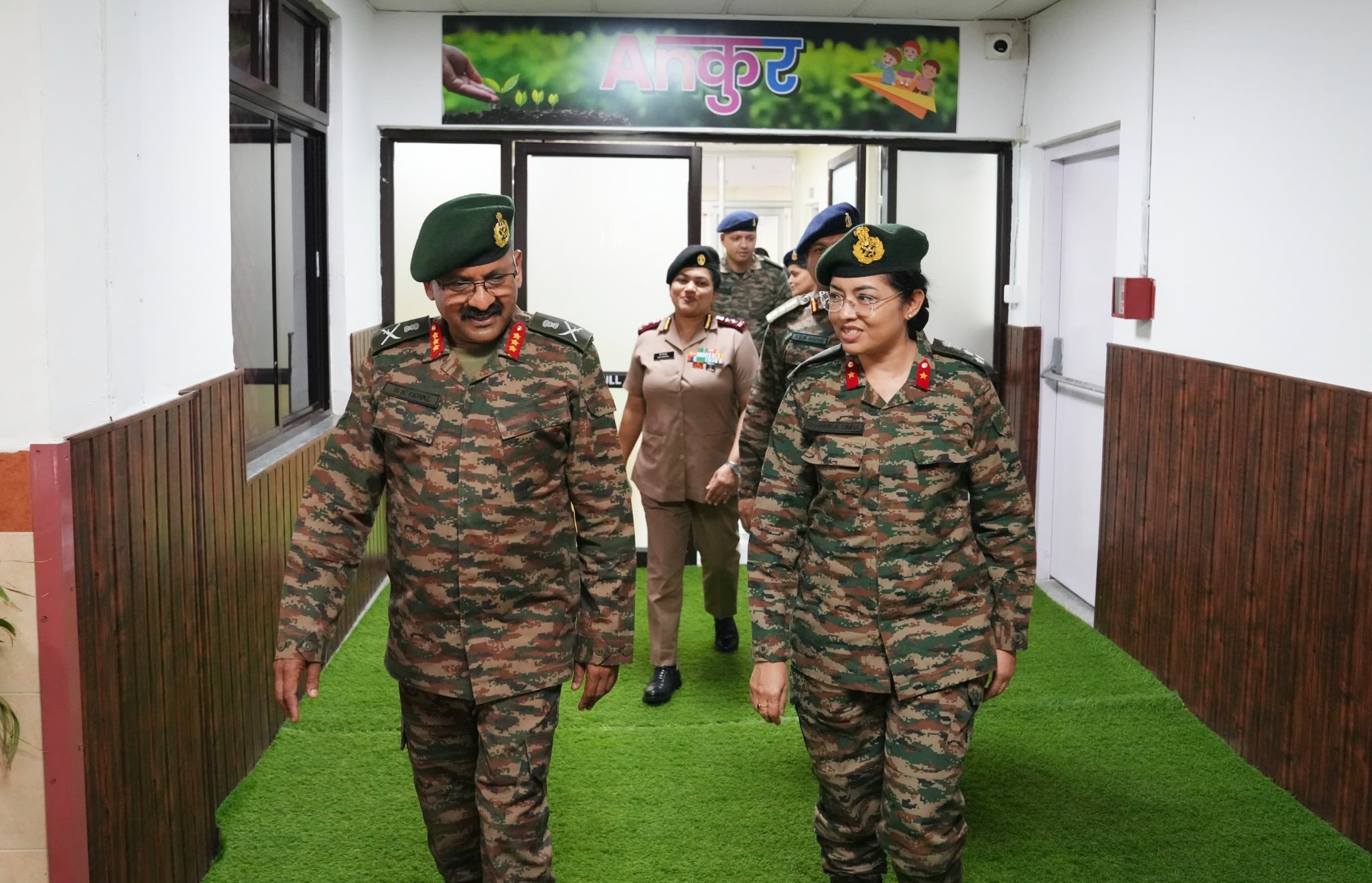
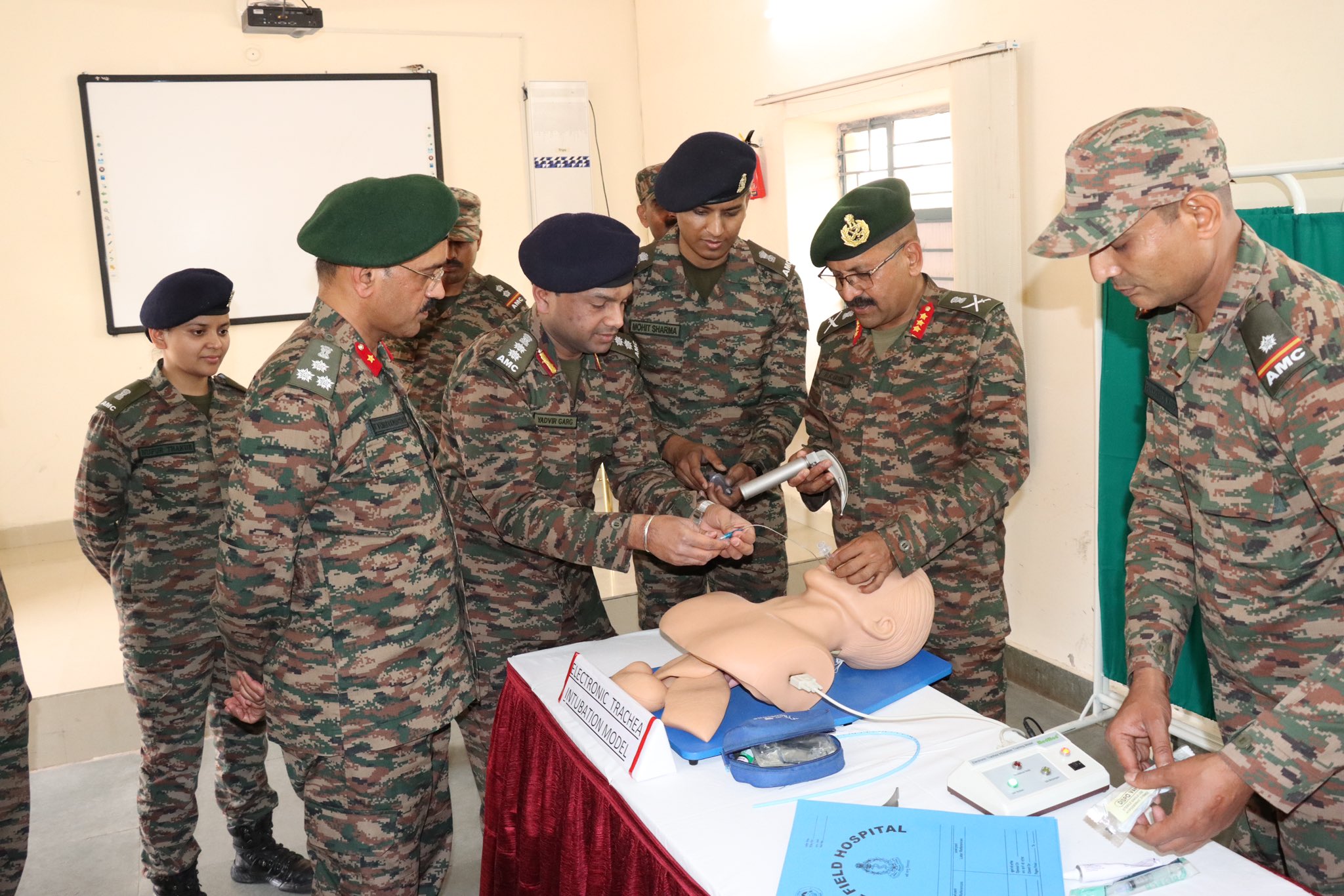
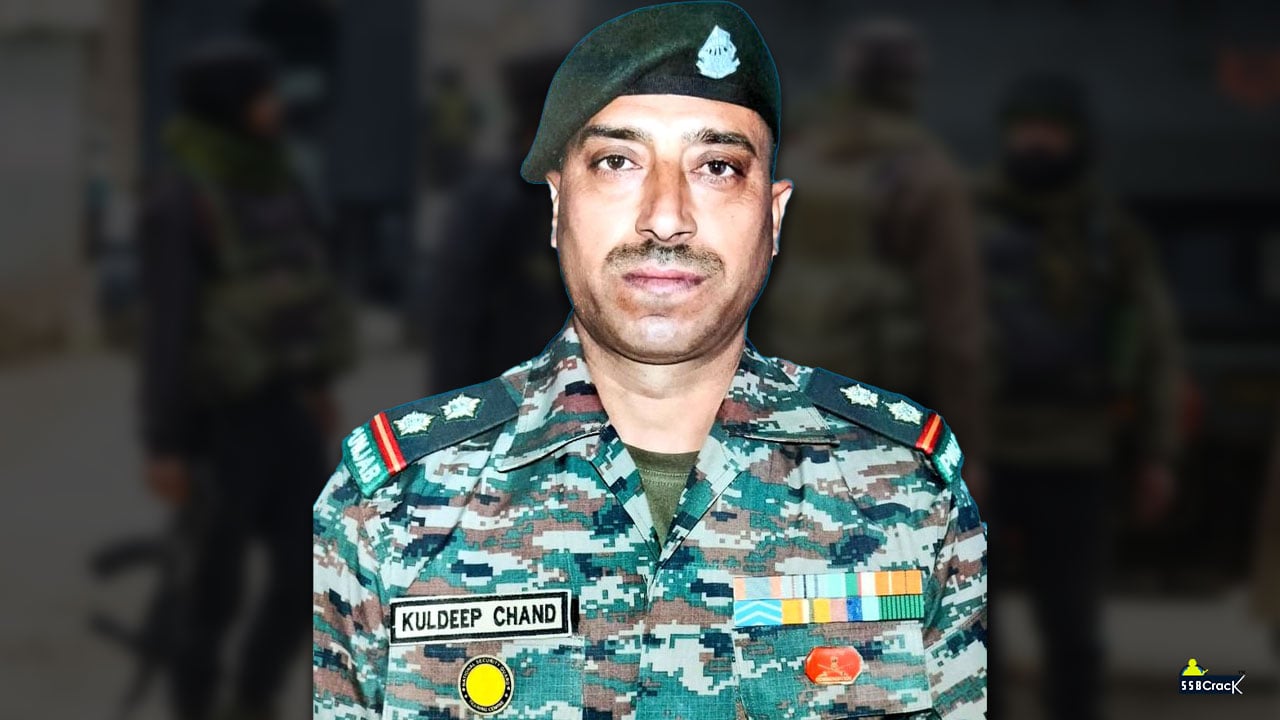
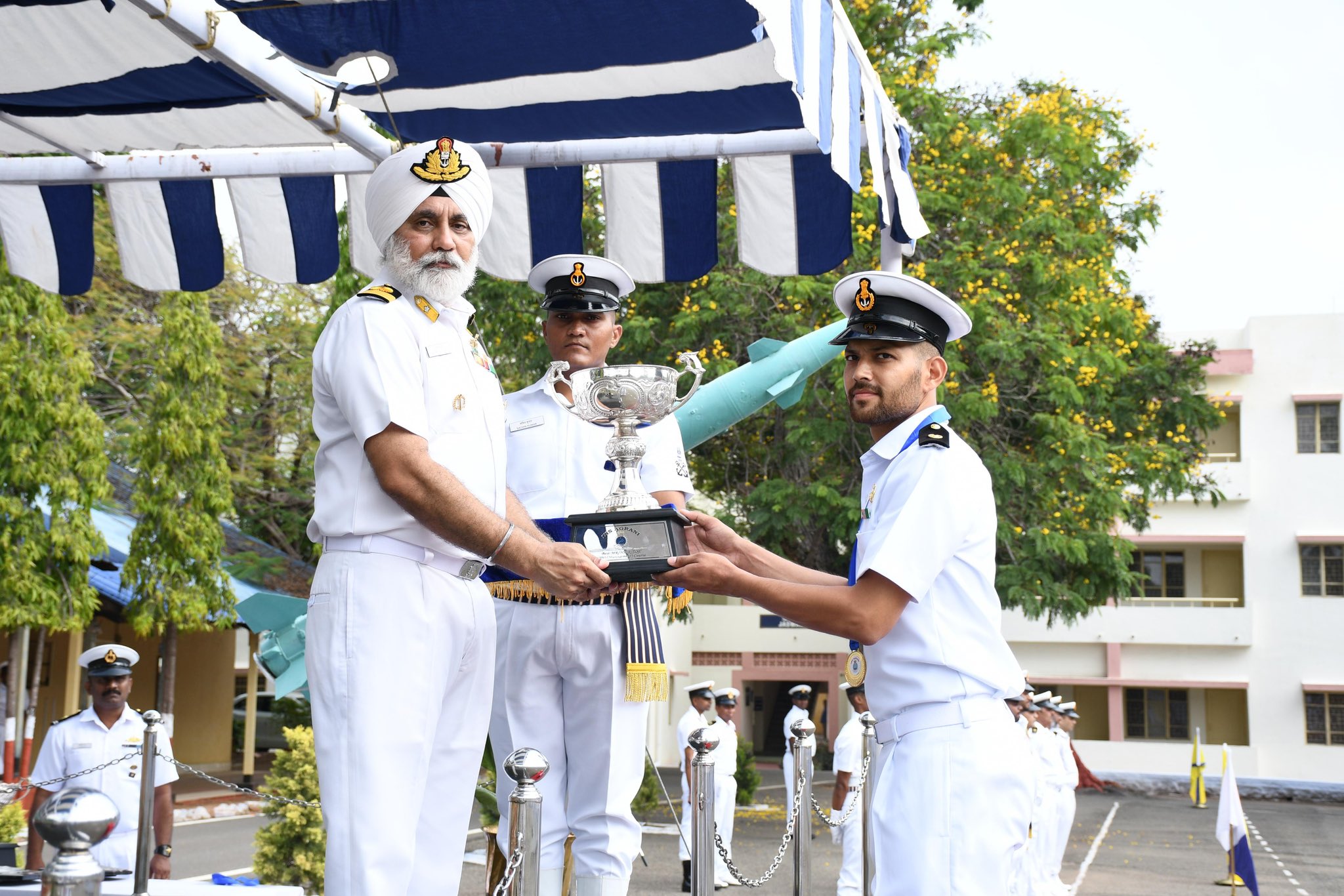
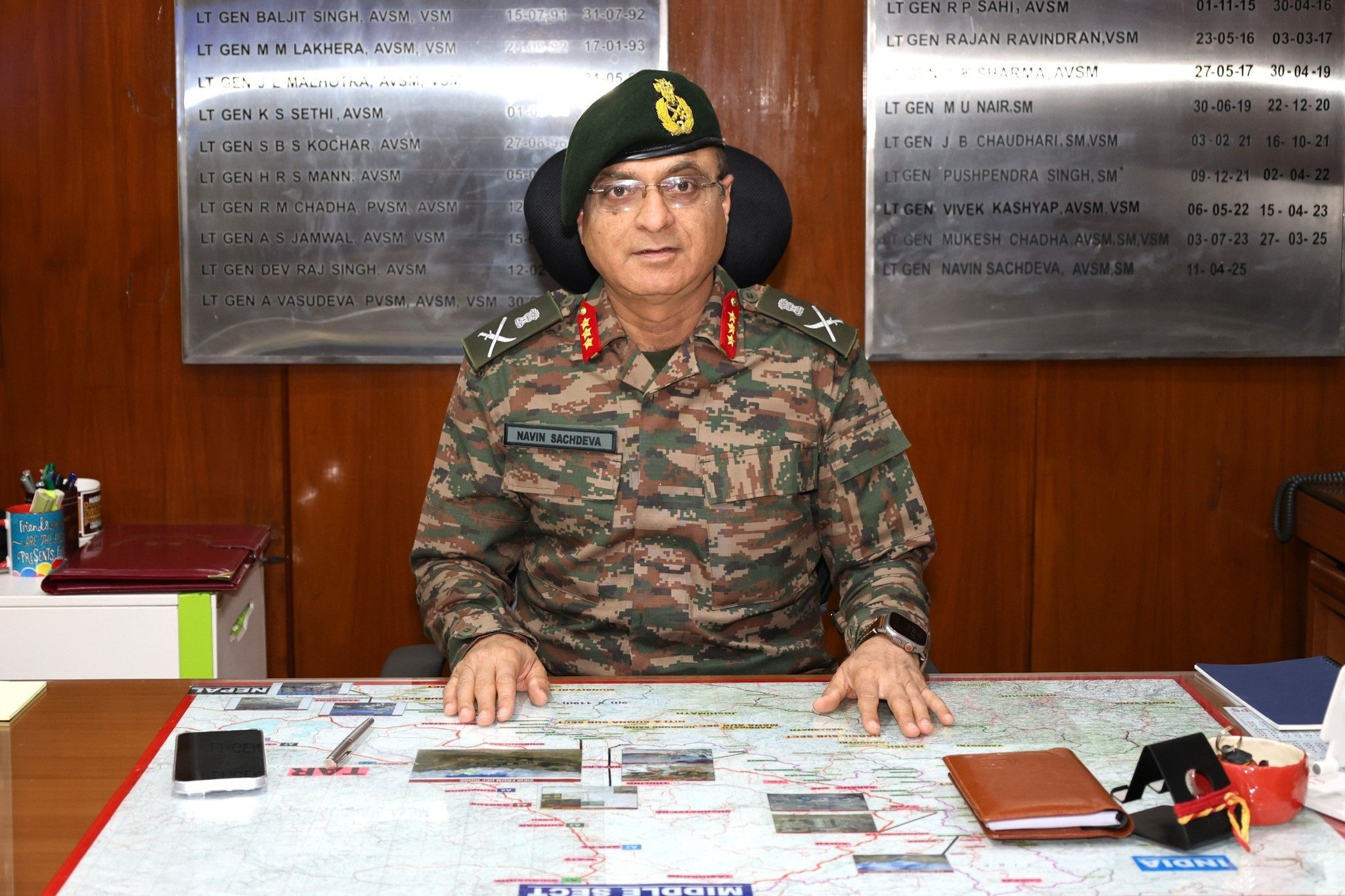

Great blog post! I learned a lot from it.